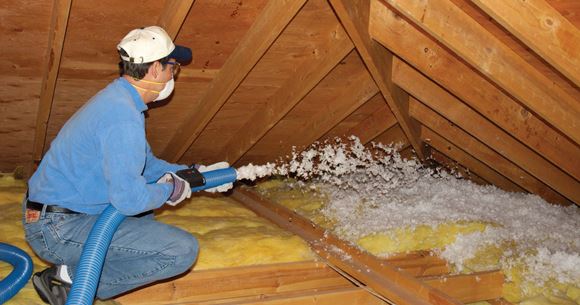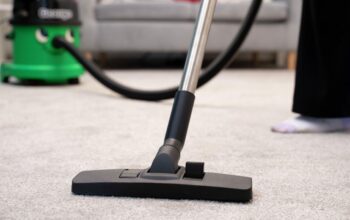Choosing the right insulation contractor is crucial for enhancing the energy efficiency, comfort, and overall living quality of your home. Proper insulation not only helps maintain temperature but also saves on energy bills and reduces noise pollution. Whether you’re building a new home or upgrading your current one, here’s what you need to know to select the best residential insulation contractor.
Understanding Insulation Needs
Types of Insulation: Different types of insulation are suitable for different areas of a home and climates:
- Fiberglass: Commonly used in batts and rolls, ideal for attics and walls.
- Cellulose: Made from recycled paper products, effective for blown-in applications, often used in attics.
- Spray Foam: Expands to fill gaps and voids, creating an effective air barrier.
- Rigid Foam: Often used for exterior applications, including basements and crawl spaces.
R-Values: Insulation effectiveness is measured by its R-value, which indicates its thermal resistance. Higher R-values mean better insulation properties. Your choice of insulation should meet the recommended R-values for your geographic area and the specific parts of your home.
Finding the Right Contractor
1. Experience and Expertise
- Look for contractors with specific experience in residential insulation.
- Ensure they are familiar with the various types of insulation materials and their appropriate applications.
2. Licenses and Certifications
- Verify that the contractor is licensed to operate in your state. This typically means they have met certain standards of professionalism and knowledge.
- Check if they have any additional certifications from reputable industry organizations, such as the Insulation Contractors Association of America (ICAA).
3. References and Reviews
- Ask for references from previous clients to get insights into their satisfaction with the contractor’s work.
- Check online reviews and ratings on platforms like Yelp, Google, and the Better Business Bureau (BBB).
4. Detailed Assessment and Quote
- A reputable contractor should offer a home assessment to determine your current insulation status and what improvements are needed.
- They should provide a detailed quote outlining the types of insulation recommended, areas to be insulated, the R-values of materials, and the total cost.
5. Warranty and After-Service
- Inquire about the warranty offered on the insulation materials and the labor.
- Good contractors will also provide after-service advice on how to maintain the insulation and manage any future issues.
Preparing for Insulation Installation
Clear Access: Ensure that the contractor has clear access to areas needing insulation. This might involve moving furniture or clearing out attic spaces.
Safety Measures: Discuss what safety measures will be taken during the installation, especially if removing old insulation that might contain asbestos or other hazards.
Duration and Disruption: Understand how long the installation will take and plan for any disruptions to your daily routine, particularly if large sections of your home need to be accessible to workers.
Evaluating Proposals
When evaluating proposals from different contractors, compare them not just on cost but also on the thoroughness of the home assessment, the quality of materials proposed, and the clarity of the installation plan. This comprehensive approach will help you make an informed decision that balances cost with quality and efficiency.
Conclusion
Choosing the right Residential Insulation Contractors is essential for ensuring that your home is properly insulated against the elements. By doing thorough research and carefully evaluating potential contractors, you can ensure that your home insulation project increases your comfort, lowers your energy costs, and adds value to your home. Remember, effective insulation contributes to a more sustainable home environment, making it a wise investment in the long run.











